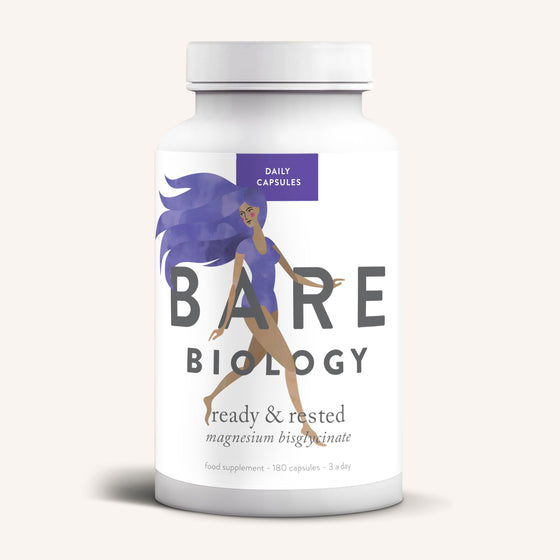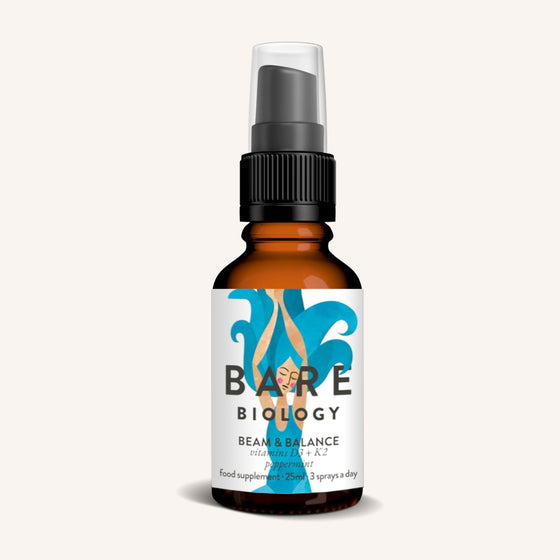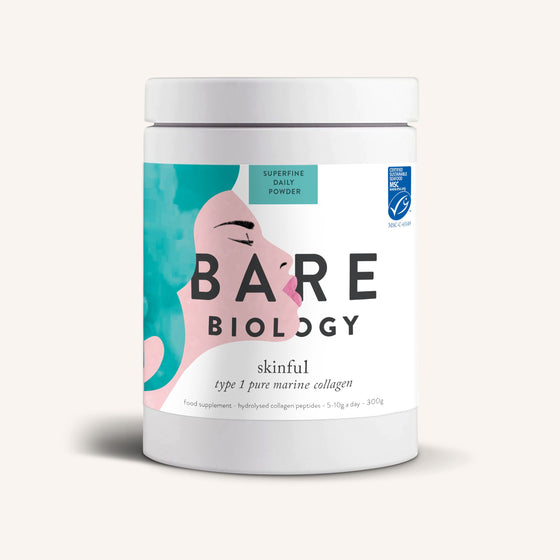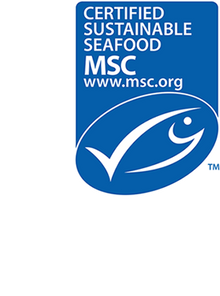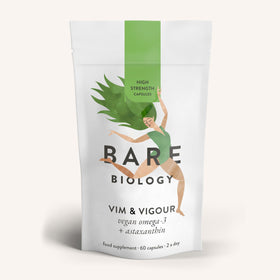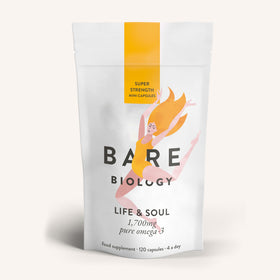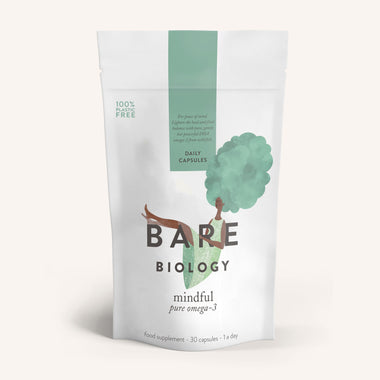Krill oil vs omega-3 fish oil vs cod liver oil vs algae oil
CONTENTS
With oily fish, krill, cod liver and algae oil all vying for your attention, it can be hard to figure out which one of our underwater friends you should choose for your daily dose of omega-3.
“All of these different marine oils contain eicosapentaenoic acid (EPA) and docosahexaenoic acid (DHA),” said Professor Johnathan Napier at Rothamsted Research in Hertfordshire. “But they have some potentially important differences which might affect how the human body can absorb them. And then there’s the bigger issue of whether or not some of these sources are sustainable and/or economically viable”.
While getting your omega-3 from a fish or algae oil is undoubtedly a better choice for the planet, it’s still important to choose wisely, to make sure the fish used in your supplement also comes from sustainable sources.
So what are the main differences between krill oil, cod liver oil, algae oil like Vim & Vigour and a fish body oil such as Bare Biology’s Life & Soul omega-3 liquid? We’ve spoken to the experts to find out what each one could do for you - and for the health of the planet.
The different sources of omega-3 have their own benefits and downsides...…
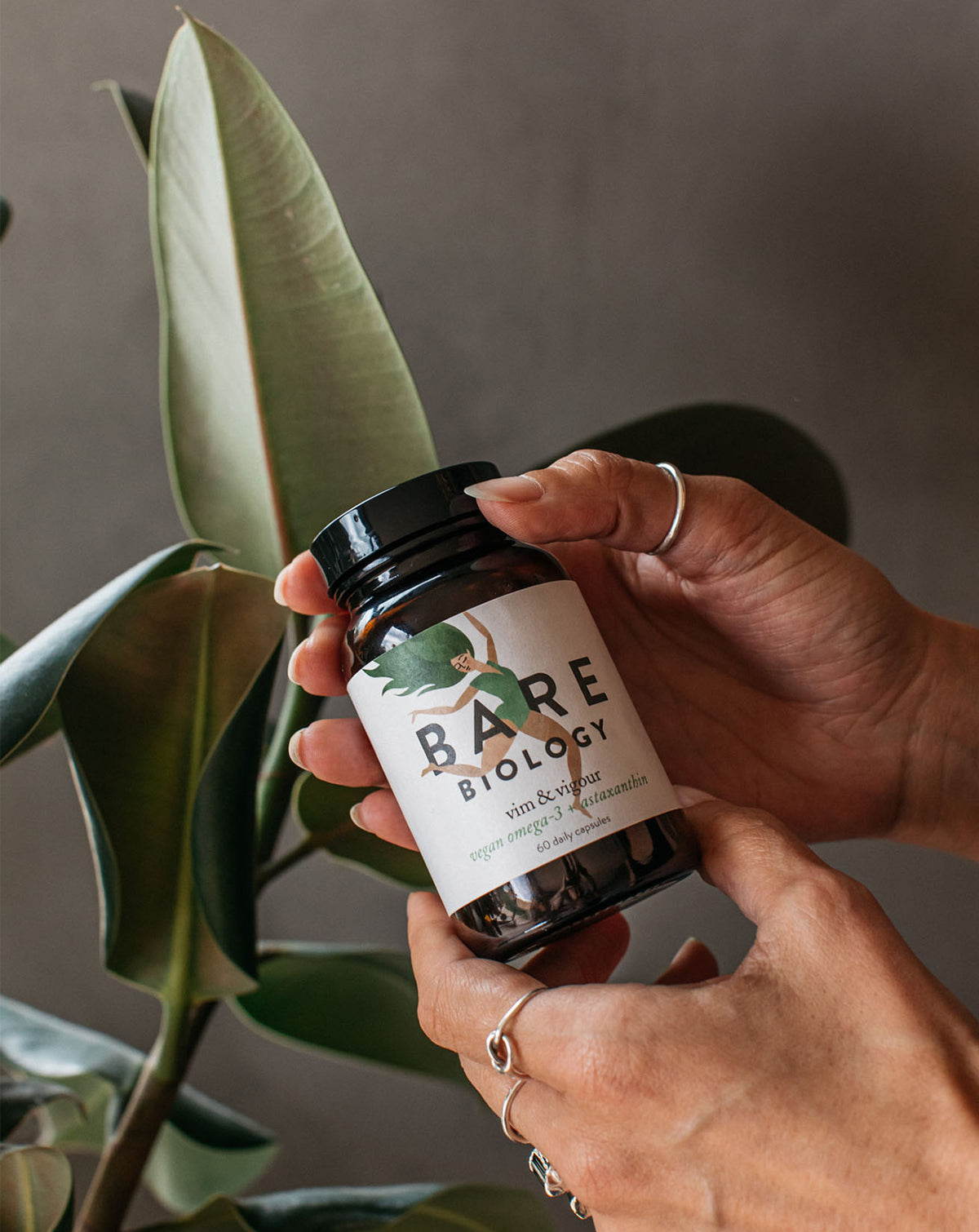
Krill oil vs cod liver oil vs algae oil vs fish oil - which one is best to take?
Omega-3 fatty acids EPA and DHA are found almost exclusively in fish and seafood. The most potent source of omega-3 EPA and DHA is found in oily fish such as sardines and mackerel. A good quality omega-3 fish oil supplement will contain high levels of both EPA and DHA. We only use wild, sustainably sourced fish and test every batch for heavy metals and plastics.
Modern plant-based diets are prone to omega-3 deficiency. Algae oil is an alternative to fish oil for those who are vegetarian, vegan or allergic to fish. Algae is the highest scoring sustainable supplement with plenty of EPA and DHA. Vim & Vigour vegan omega-3 + astaxanthin capsules is an exciting new development in our range for those with plant-based diets. It delivers all the benefits of omega-3 and powerful defense nutrient astaxanthin without the complications of krill oil harvesting.
Cod liver oil contains vitamins A and D which is great if you’re deficient in either of those two nutrients, but not so good if you’re pregnant or want to take a high dose of omega-3. This is because high levels of vitamin A quickly become toxic in the body. And because the oil comes from the liver there’s a higher risk of being polluted by toxins.
While having a powerful antioxidant that you can’t find in fish body oil, is also of great environmental concern to Greenpeace, leading to many retailers (such as Whole Foods) refusing to stock krill oil products on their shelves.
Krill oil vs fish oil
While omega-3 fish oil comes from the body of oily fish such as sardines and mackerel, krill oil is made from a crustacean called krill which are tiny, shrimp-like creatures that live in the Antarctic. A deep red colour, krill oil contains the same two beneficial essential fatty acids (EFAs) that are found in fish oil, EPA and DHA.
But although both are similar in terms of EFAs, krill oil is certainly the most controversial of the two. Krill make up a vital part of the Antarctic food chain and a huge number of species, from penguins to whales to seals and seabirds, are directly or indirectly affected by their declining numbers.
As Professor Napier explains, “there is concern that harvesting this very small animal, which is near the bottom of the marine food web, is at best foolhardy, if not reckless, irrespective of being technically challenging.”
Hugh Fearnley-Whittingstall also flagged up this environmental concern in Channel 4’s Hugh’s Fish Fight where he stated “if you start chipping away at the krill to the point where you make a difference to the krill biomass, you make a difference to everything else.”
Professor Alex Rogers of Oxford University, who has carried out many scientific studies of krill, backed this up. “We know that’s the case because when we have bad krill years the breeding of many predators [who feed on krill] collapses during those years.
“I’m not against fishing in any form, the important word here is sustainability. We are in a situation where there is a huge ramp-up for krill fishing and my concern is it’s happening so quickly. If we did fish to the extent where it crashed, it would have a catastrophic impact on Antarctic breeding systems.”
So worrying is the huge decline in Antarctic krill that some retailers have come under fire from Greenpeace for stocking krill oil and others have recently decided to stop selling krill products at all.
Louisa Casson, a Protect the Antarctic campaigner at Greenpeace UK, said “the public mood is clear: almost two-thirds of Brits think retailers shouldn’t be stocking krill products fished from Antarctic waters being considered for protection.”
While getting your omega-3 from a fish body oil instead of krill is undoubtedly a better choice for the planet, it’s still important to choose wisely to make sure the fish used in your supplement also comes from sustainable sources.

Supplements you can trust
At Bare Biology we believe passionately in sustainability and only use fisheries and manufacturers who are certified by Friends of the Sea and IFFO-RS. We use small wild fish like anchovies and sardines, from clean and deep water. So not only is our product safe and pure, it’s also more sustainable.
Benefits of Krill Oil vs Fish Oil
Besides environmental concerns, does krill oil provide any health benefits you can’t get from omega-3 fish oils? Krill contains a powerful antioxidant called astaxanthin which gives the oil its deep, red colour. Astaxanthin can protect the body from harmful free radicals (produced as the result of exposure to UV and pollution) but it’s important to remember you can also find this wonder nutrient in more sustainable sources, like wild salmon, red trout, crab and lobster. Research has also shown that the levels of omega-3 fatty acids in krill are significantly lower than those found in fish oil. One study in 2014 (Laidlaw, Cockerline, Rowe) found subjects who consumed concentrated levels of fish oil for 28 days had four times the level of EPA in their blood than those who were given a krill oil supplement.
Manufacturers claim that a major benefit of krill oil is its efficiency. In other words, how well the body can absorb the omega-3 contained within it. A large portion of the EPA and DHA in krill comes in phospholipid form (whereas fish oil fatty acids are contained in triacylglycerols), which some claim has a higher rate of absorption in the body than fish oil. However this has yet to be fully clarified. In fact one of the more recent studies in 2014 (Salem and Kuratko) concluded there is “no evidence for greater bioavailability of krill oil vs. fish oil”.
Medical trials have proven that omega-3 fatty acids from fish oil may lower triglyceride levels. But while krill oil is thought to have similar effects, it hasn’t been as well studied in humans.
In a perfect world you’d get all the omega-3 you’d need by eating oily fish. But due to alarming levels of toxins and heavy metals such as mercury, many of us are turning to supplements like fish oil and krill oil to get our daily dose. So which one is best when it comes to levels of pollutants? Krill or fish oil Manufacturers of krill oil are quick to point out that because krill are right at the bottom end of the ocean’s food chain, they don’t have time to accumulate high levels of mercury or other contaminants. But choosing a good quality fish oil such as Life & Soul Omega 3 fish oil by Bare Biology also means you’ll be getting a supplement that’s tested for mercury. Every batch of our fish oils is tested and awarded a five-star purity and quality rating from International Fish Oil Standards, meaning you’ll get all the same levels of purity, without the environmental concerns.
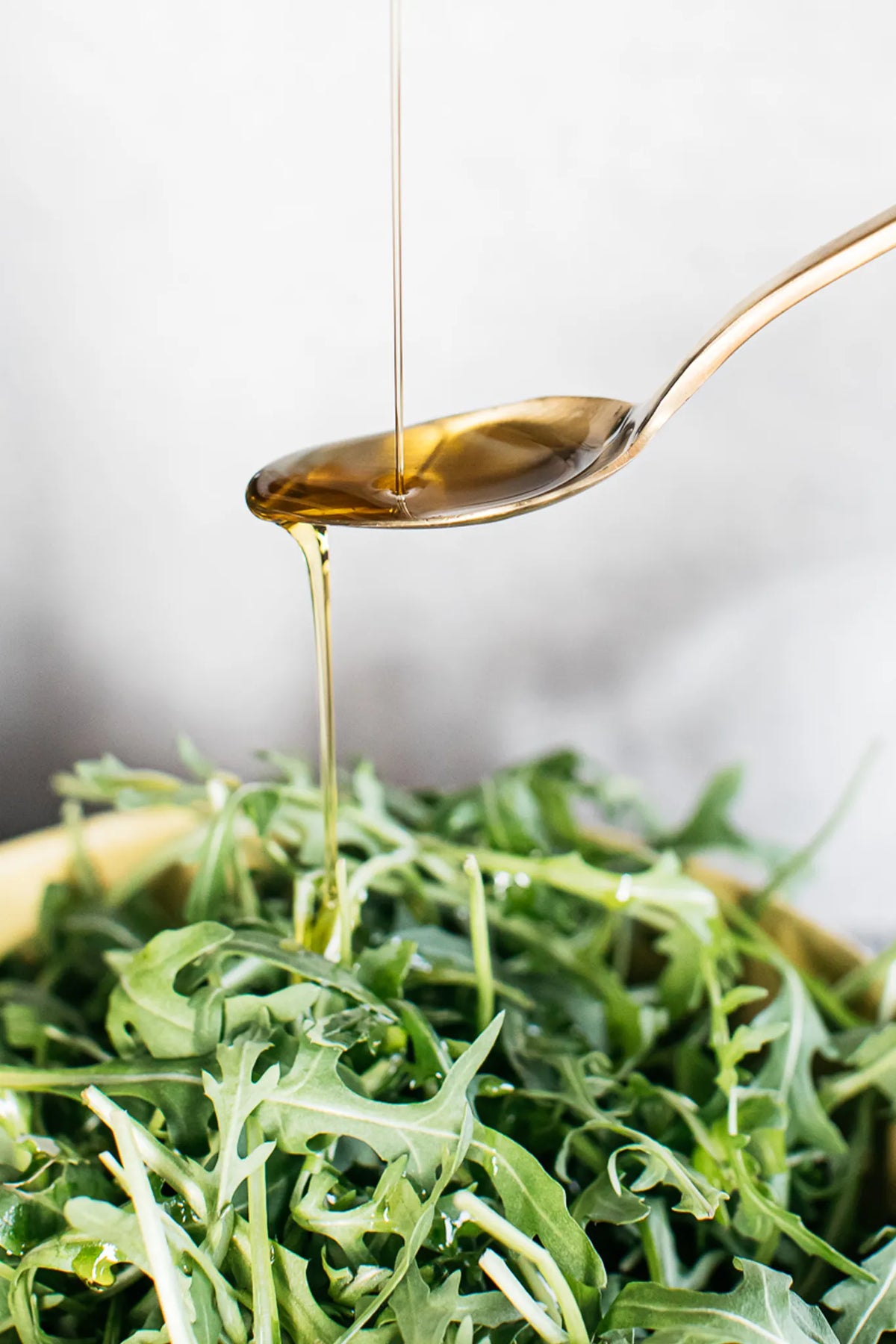

Omega-3 fish oil vs cod liver oil
Fish oil comes from the bodies of oily fish such as mackerel, sardines, salmon and anchovies whereas cod liver oil comes from the liver of the fish.
Cod liver oil vs omega-3 fish oil, the main differences
Along with providing omega-3, (although at lower levels when compared to a high strength fish oil like Bare Biology’s Life & Soul Omega 3 fish oil) cod liver oil also contains vitamins D and A. While vitamin A is a powerful antioxidant, take too much of it and you’re at risk of vitamin A toxicity. This is when very large amounts build up in your body over time, which may lead to liver damage and could even harm your vision.
It’s harmful to take vitamin A when you're pregnant as large amounts of retinol may cause serious birth defects. Omega-3 fish oil contains no vitamin A and is safe to take in pregnancy.
Omega-3 fish oils are obtained from the flesh of a number of oily fish, like sardines, rather than just from the liver of the cod. They are also three times richer in omega-3 essential fatty acids.
Cod liver oil vs fish oil for toxins
As the liver is where toxins and contaminants are processed, this type of oil is more likely to contain environmental pollutants, such as heavy metals. Taking a good quality omega-3 fish oil from a brand that publishes its test results means you’re guaranteed to be taking something pure and fresh.


